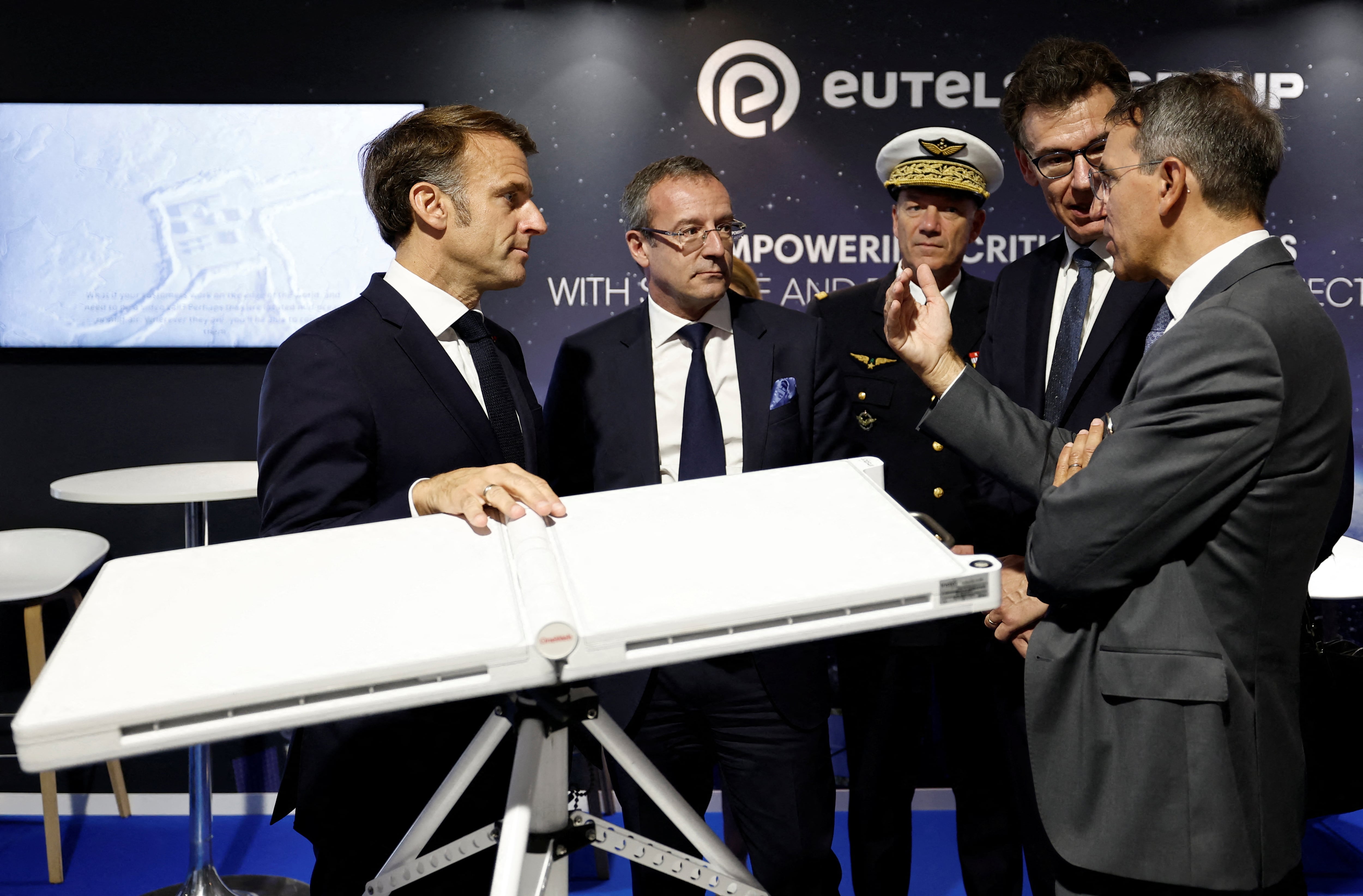There’s no question the post-corona world will be very different. How it will look depends on actions the world’s leaders take. Decisions made in coming months will determine whether we see a renewed commitment to a rules-based international order, or a fragmented world increasingly dominated by authoritarianism. Whomever steps up to lead will drive the outcome.
China seeks the mantle of global leadership. Beijing is exploiting the global leadership vacuum, the fissures between the United States and its allies, and the growing strain on European unity. The Chinese Communist Party has aggressively pushed a narrative of acting swiftly and decisively to contain the virus, building goodwill through ‘mask diplomacy’, and sowing doubts about the virus’ origin to deflect blame for the magnitude of the crisis and to rewrite history. Even though the results so far are mixed, the absence of the United States on the global stage provides Beijing with good momentum.
Before the pandemic, the world’s democracies already faced their gravest challenge in decades: the shift of economic power to illiberal states. By late 2019, autocratic regimes accounted for a larger share of global GDP than democracies for the first time since 1900. As former U.K. foreign secretary David Miliband recently observed, “liberal democracy is in retreat.” How the United States and like-minded partners respond post-pandemic will determine if that trend holds.
There is urgency to act — the problem is now even more acute. The countries that figure out how to quickly restart and rebuild their economies post-pandemic will set the course for the 21st century. It is not only economic heft that is of concern: political power and military might go hand in hand with economic dominance.
At the center of this geostrategic and economic competition are technologies — artificial intelligence, quantum computing, biotechnology, and 5G — that will be the backbone of the 21st century economy. Leadership and ongoing innovation in these areas will confer critical economic, political, and military power, and the opportunity to shape global norms and values. The pre-crisis trajectory of waning clout in technology development, standards-setting, and proliferation posed an unacceptable and avoidable challenge to the interests of the world’s leading liberal-democratic states.
The current crisis accentuates this even more: it lays bare the need to rethink and restructure global supply chains; the imperative of ensuring telecommunication networks are secure, robust, and resilient; the ability to surge production of critical materiel, and the need to deter and counteract destructive disinformation. This is difficult and costly — and it is best done in concert.
Bold action is needed to set a new course that enhances the ability of the world’s democracies to out-compete increasingly capable illiberal states. The growing clout of authoritarian regimes is not rooted in better strategy or more effective statecraft. Rather, it lies in the fractious and complacent nature of the world’s democracies and leading technology powers.
In response, a new multilateral effort — an alliance framework — is needed to reverse these trends. The world’s technology and democracy leaders — the G7 members and countries like Australia, the Netherlands, and South Korea — should join forces to tackle matters of technology policy. The purpose of this initiative is three-fold: one, regain the initiative in the global technology competition through strengthened cooperation between like-minded countries; two, protect and preserve key areas of competitive technological advantage; and three, promote collective norms and values around the use of emerging technologies.
Such cooperation is vital to effectively deal with the hardest geopolitical issues that increasingly center on technology, from competing economically to building deterrence to combating disinformation. This group should not be an exclusive club: it should also work with countries like Finland and Sweden to align policies on telecommunications; Estonia, Israel, and New Zealand for cyber issues; and states around the world to craft efforts to counter the proliferation of Chinese surveillance technology and offer sound alternatives to infrastructure development, raw material extraction, and loans from China that erode their sovereignty.
The spectrum of scale and ambition this alliance can tackle is broad. Better information sharing would yield benefits on matters like investment screening, counterespionage, and fighting disinformation. Investments in new semiconductor fabs could create more secure and diverse supply chains. A concerted effort to promote open architecture in 5G could usher in a paradigm shift for an entire industry. Collaboration will also be essential to avoiding another pandemic calamity.
Similar ideas are percolating among current and former government leaders in capitals such as Tokyo, Berlin, London, and Washington, with thought leaders like Jared Cohen and Anja Manuel, and in think tanks around the world. The task at hand is to collate these ideas, find the common ground, and devise an executable plan. This requires tackling issues like organizational structure, governance, and institutionalization. It also requires making sure that stakeholders from government, industry, and civil society from around the world provide input to make the alliance framework realistic and successful.
No one country can expect to achieve its full potential by going it alone, not even the United States. An alliance framework for technology policy is the best way to ensure that the world’s democracies can effectively compete economically, politically, and militarily in the 21st century. The links between the world’s leading democracies remain strong despite the challenges of the current crisis. These relationships are an enduring and critical advantage that no autocratic country can match. It is time to capitalize on these strengths, retake the initiative, and shape the post-corona world.
Martijn Rasser is a senior fellow at the Center for a New American Security.








